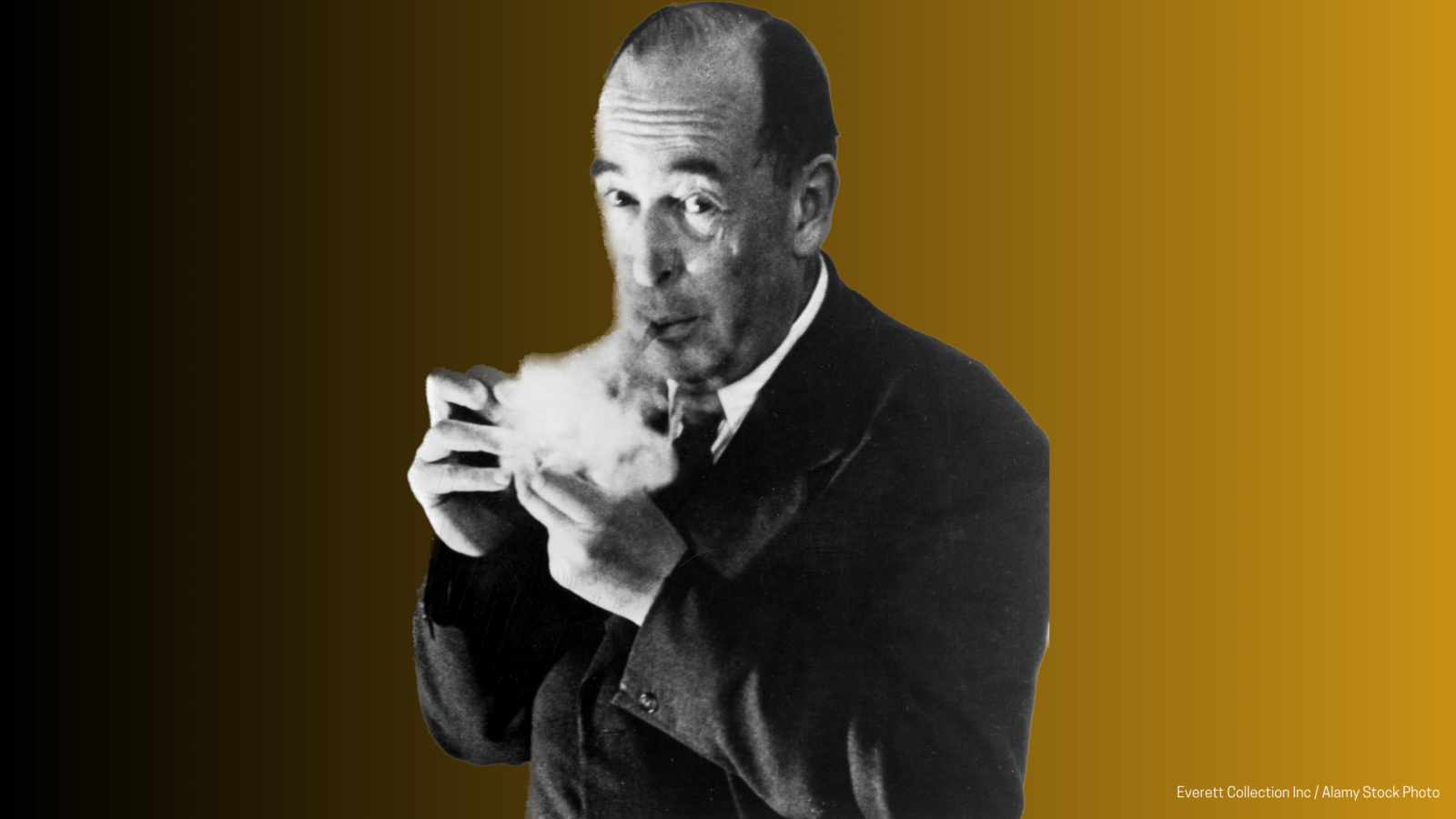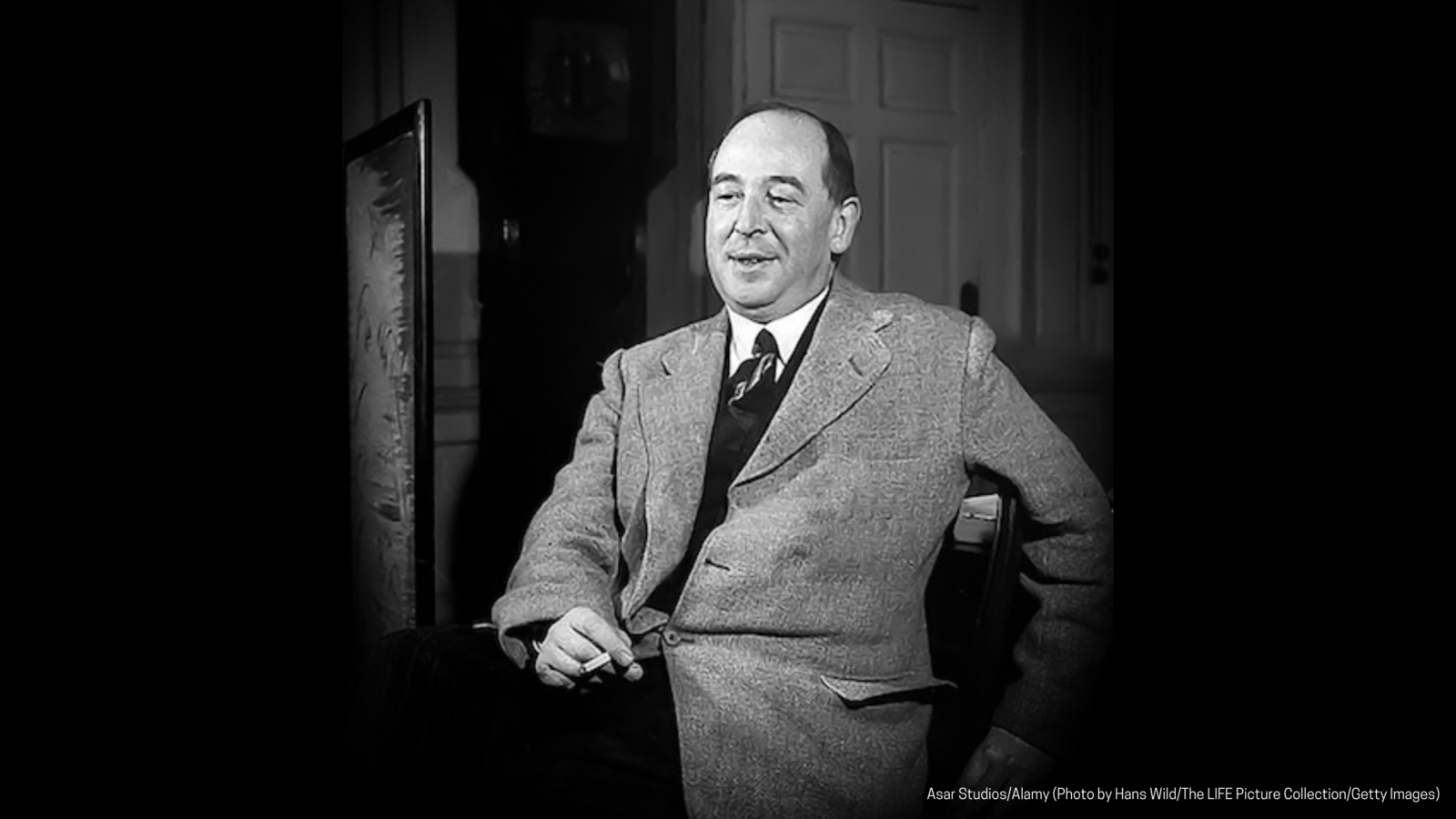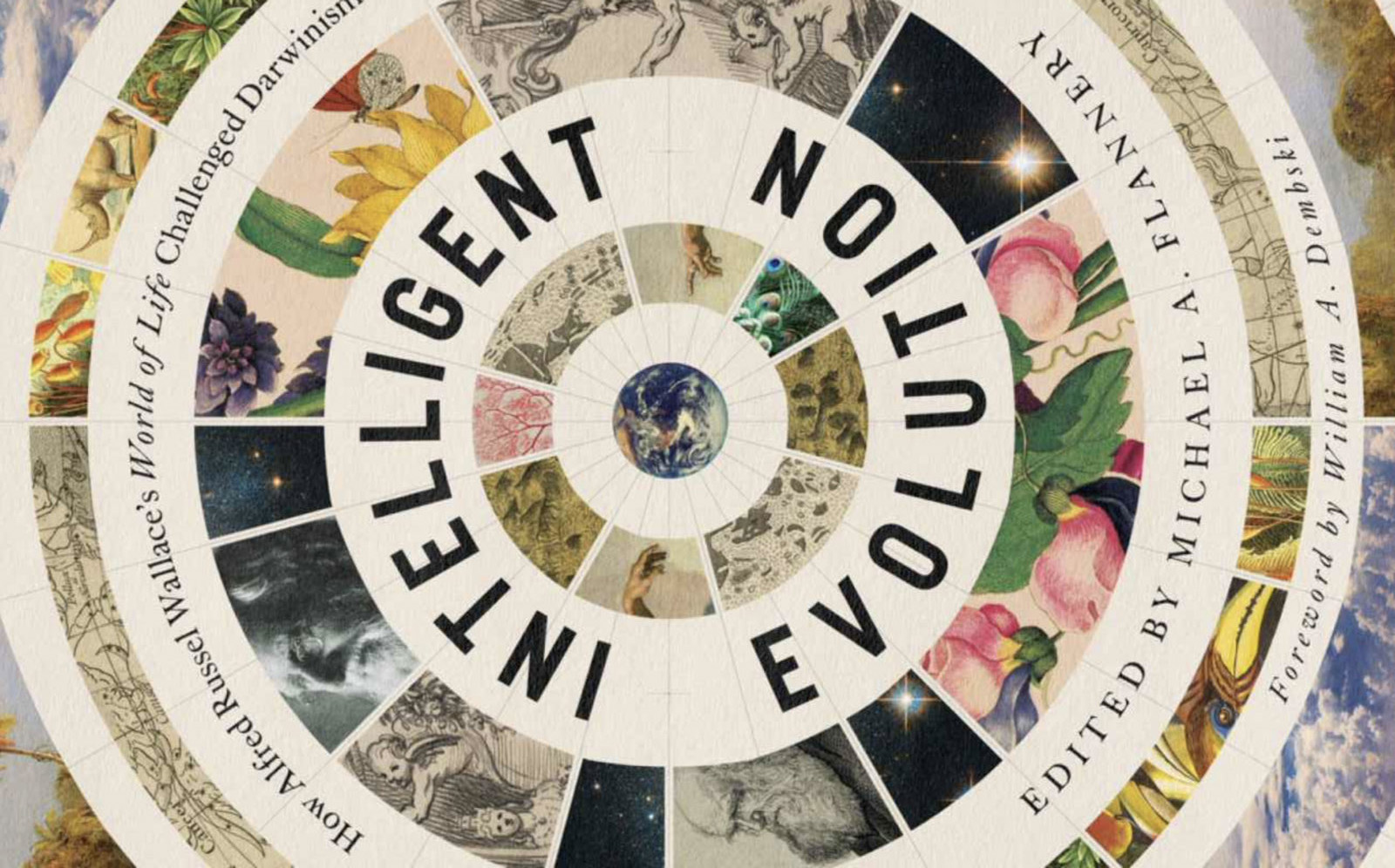


C. S. Lewis’s Prophetic Legacy on Scientism

Casey Luskin on Why He Favors ID over Theistic Evolution
Today’s ID the Future continues intelligent design theorist Casey Luskin’s conversation with Apologetics 315 podcast hosts Brian Auten and Chad Gross. Here in Part 2, Luskin give a peek behind the scenes of ID 3.0, the current research program inspired by the intelligent design framework. Luskin is then asked to explain his reservations about theistic evolution, and Luskin points out the evidential, rhetorical, and logical problems he sees with the brand of theistic evolution advocated by Francis Collins and Biologos. What about the future of the intelligent design movement? Luskin says he’s optimistic, both because of the exciting research and publication breakthroughs of late, and because of the many converts he’s seeing to the ID framework. According to Luskin, many of these recruits remain behind the scenes to avoid reprisals from opponents of ID in positions of power, but some top scientists have come out publicly in support of intelligent design, including at least one Nobel Laureate. This episode is presented here with permission from Apologetics 315.

Casey Luskin Reviews Three Views on Christianity and Science
On today’s ID the Future, host Tom Gilson and guest Casey Luskin discuss a new book Luskin recently reviewed at Evolution News, Three Views on Christianity and Science. Luskin, associate director of Discovery Institute’s Center for Science and Culture, summarizes the three views covered in the book: the independence view presented by Michael Ruse, the dialogue view presented by Alister McGrath, and the constrained integration view presented by Bruce Gordon. Luskin critiques the first two and argues that the dialogue view, in practice, quickly devolves into a monologue where religion is supposed to sit down and shut up the moment there is a point of difference between religion and consensus science. He says this is doubly problematic because (a) scientists are fallible and the scientific consensus changes; it’s not an infallible guide; and (b) key founders of modern science were inspired by a genuine cross-fertilization between scientific and theological reflection as opposed to a faux dialogue where all the influence moves only in one direction, from scientific consensus to religion. Luskin further points out that theistic evolutionists, such as those involved with the BioLogos group, promote the dialogue view but tend to quickly cede ground when evolutionary materialists muscle their way into an area previously claimed by a religious explanation. Luskin gives the example of theistic evolutionist and BioLogos founder Francis Collins pointing to universal human morality as something best explained not but by blind evolution but by the idea of humans made in the image of God. Luskin adds that this explanation apparently even played a role in bringing Collins to belief in God. In contrast, evolutionary psychology insists on explaining human personality in purely materialistic evolutionary terms, and as it has expanded its influence in recent years, BioLogos has tended to steer away from this very argument that helped bring their founder to belief in God. A better approach, Luskin argues, is the third one in the book, the constrained integration view advocated by CSC senior fellow Bruce Gordon.

Michael Flannery on the Origin of Darwin’s Worldview
On this episode of ID the Future, science historian and host Michael Keas talks with fellow science historian Michael Flannery about the newly updated book Intelligent Evolution: How Alfred Russell Wallace’s World of Life Challenged Darwin. Flannery tells of Darwin’s involvement in the Plinian Society, a “freethinkers” group at Edinburgh University where he studied medicine as a teenager. It was there that he first encountered radical philosophical materialism, the worldview that laid the philosophical foundation for his work in evolution. Flannery also speaks of Alfred Russel Wallace’s “intelligent evolution” and how it differs from Darwinism and from today’s theistic evolution — what Flannery prefers to call “Darwinian theism.”

Classic Darwinist Tactics: When the Evidence Fails, Strategize!
On this episode of ID the Future, Casey Luskin finishes up his review of Karl Giberson and Francis Collins’ The Language of Science and Faith. In this sixth and final part of Luskin’s review, he delves into a discussion about the contradictions, irony, and appeals to authority that permeate the book. Listen to this podcast to hear why Giberson and Collins resort to such tactics. Is the evidence for Darwinian evolution really as strong as they would have you believe?

Micro to Macro: Neo-Darwinists Give Small Evidence for Big Claims
On this episode of ID the Future, Casey Luskin exposes how evidence given for macroevolution in The Language of Science and Faith is too weak to hold any weight. In their book, Francis Collins and Karl Giberson make the all-too-common claim that macroevolution is merely microevolution over a prolonged period of time. Are the proposed mechanisms really as simple as they sound? Luskin discusses the insufficiency of Collins and Gibersons’ argument in Part 5 of his continued review of The Language of Science and Faith.

Do Humans Share A Common Ancestry With Neanderthals?
On this episode of ID the Future, Casey Luskin tackles another neo-Darwinian assertion made by Karl Giberson and Francis Collins in The Language of Science and Faith. In their book, Giberson and Collins capitalize on the popular notion of Neanderthals as brutish, non-human, cavemen like beasts in order to bloster their claims about common ancestry. Is this view of Neanderthals accurate? Do experts agree that Neanderthals are drastically different from early humans? What does this mean for the notion of common ancestry. Luskin explores the connection between Neanderthals and humans and sets Giberson and Collins straight.

Pseudogenes Shrink Gaps for Theistic Darwinian Evolutionists Collins & Giberson
On this episode of ID the Future, Casey Luskin discusses how theistic Darwinian evolutionists Francis Collins and Karl Giberson rely on the argument that pseudogenes are junk, “broken DNA.” The pseudogene is their centerpiece evidence for common descent and macroevolution in their new book, The Language of Science and Faith. This leaves them hard-pressed as we learn more about biology, genetics and biochemistry, finding function for non-coding DNA, including pseudogenes.

Francis Collins and Evolution
On this video episode of ID the Future, God and Evolution contributors and other scholars respond to Francis Collins’ defense of theistic evolution in his book The Language of God.
God and Evolution was just named World Magazine‘s “Book of the Year” for 2011.
Read More ›